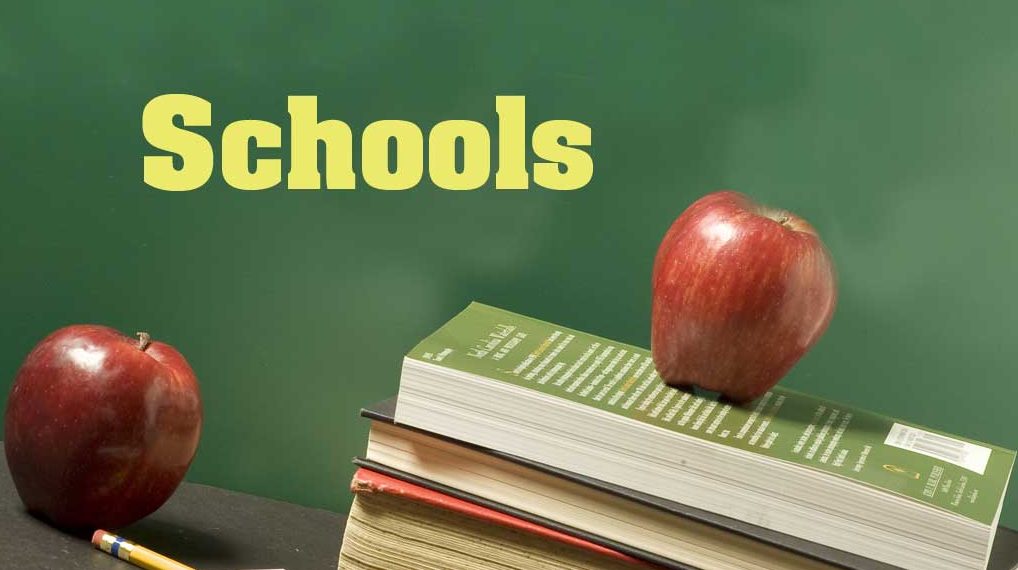SAYREVILLE – Citing a federal court decision, concerns over a precedent it might set and the safety of students, the Sayreville Board of Education has announced that walkouts to protest existing gun laws will be not be sanctioned in the district.
Following the Feb. 14 shooting at the Majory Stoneman Douglas High School in Parkland, Florida, that left 17 people dead, students have advocated for stricter gun control. As part of a protest regarding existing gun laws in the United States, students across the nation have voiced their intention to walk out of their schools on the same day.
While Board President Kevin Ciak said he admired that the movement was being led by students, he stated that the board could not support or condone walkouts from a legal and logistical standpoint.
Legally, Ciak spoke about the U.S. Supreme Court Case Tinker v. Des Moines Independent Community School District in 1969 during which students who wore black armbands to protest the Vietnam War were suspended from school.
Although the Supreme Court ruled in favor of the students and said students do not lose their First Amendment rights at school, the court also ruled that protests cannot cause a disruption to the educational process. If a disruption does occur, Ciak said, school administrators may discipline students to maintain order and a safe learning environment.
“Three hundred to 400 students walking out at any one of our schools would certainly create that disruption and be a situation where the school district has the ability to discipline students for disrupting the educational process,” Ciak said.
Furthermore, Ciak said the board is not in a position to legally select which causes students are allowed to participate in and protest. As a result, the board was concerned that if the student walkouts regarding gun control were sanctioned, all student walkouts would have to be sanctioned.
“If we decide that we open this door, we open this door to allow students to basically walk out and protest anything,” he said. “Today it may be a protest in favor of gun control. The next day, we would have to allow students who wish to walk out and protest in favor of their right to advocate for the Second Amendment, which is the right to bear arms.
“The next day, we may have to allow students to walk out to protest for the legalization of marijuana. And the day after that, we may even have to allow students to go out and protest because they are unhappy their chemistry teacher gave them too much homework on a Friday right before the weekend.
“So once we open the door, we as a school board can’t police and decide which individual causes we can support, which particular causes we want our students to advocate for or against,” he continued.
From a logistical standpoint, Ciak said board members are also concerned for the safety of students.
“The last thing we want to do is advocate for students to leave school at a predefined time, unsupervised in a politically charged environment on a politically charged issue because there is the real possibility that someone wanting to do them harm could do them harm because of the high profile around these events,” he said.
Although the board will not support walkouts, Ciak encouraged students to protest and advocate for positions they believe in through other means.
“I still believe and I still encourage students if they feel strongly about this issue, pro or con, they still have the right and the ability to shape national debate,” he said. “It just doesn’t need to be a walkout during the school day. It can be a lesson in democracy where they have to go to Borough Hall and learn how to apply for a permit to hold a rally at Kennedy Park on a Saturday.
“I’m sure if students feel strongly about this issue and congressmen receive hundreds of letters from Sayreville students about a rally that is being held, that most likely, they are going to show up on a Saturday, especially if they support the particular stance that this rally is for or against,” Ciak said.
Contact Matthew Sockol at [email protected].

